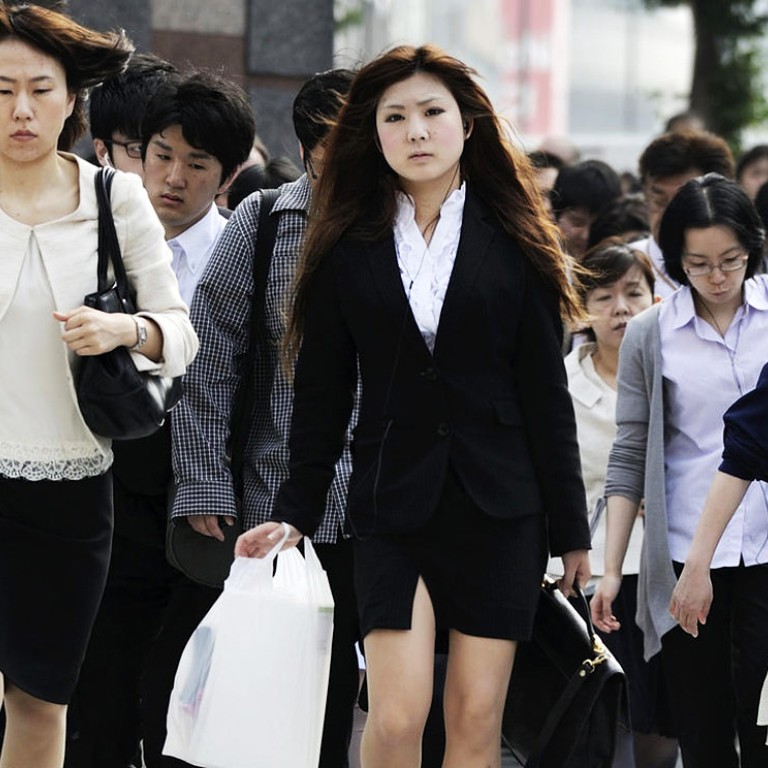
More Japanese women freeze eggs and put their careers first
New guidelines lead many to put childbirth on hold for sake of careers
More and more career-oriented Japanese women are now seeking to freeze and preserve their eggs for future pregnancy.

The new guidelines allow women to preserve their eggs cryogenically if they are concerned about a decline in reproductive function due to age or other reasons. But it does not encourage those aged 40 or older to preserve eggs.
"I want to prioritise my career right now, so egg freezing is like taking out insurance for the future," a woman in her 30s said.
Previously, cryogenic preservation in Japan was generally restricted to women who ran the risk of losing ovary function as a result of radiation therapy to treat cancer and other diseases.
The society adopted the new guidelines given the fact that more people are getting married later in life, making it harder for many women to become pregnant after marriage.
Repro Self Bank, a Tokyo-based private institution, launched an egg-freezing programme in May last year, and has since received inquiries from more than 500 people.
So far, about 70 women with an average age of 37 have had their eggs frozen.
It costs about 700,000 yen (HK$5,080) to preserve 10 frozen eggs a year, including the cost of collecting the eggs from an affiliated hospital. An additional fee of around 10,000 yen per egg is required to extend cryopreservation by one year.
A 32-year-old businesswoman who attended a seminar held by the institute said she has prioritised her career over raising a family as she thought "getting pregnant would be a handicap" for her at the male-dominated company she works for.
But since her husband wants their baby, she thought about preserving her eggs "as insurance in case I can't get pregnant naturally in the future".
Participants in such seminars also include unmarried women, some of whom want to freeze eggs when they are healthy.
"Many women have a sense of urgency, wanting to freeze their eggs right away," said Koichi Kyono, head of Kyono Art Clinic.
But Kyono said some of these women do not take into account that ageing also affects their physical strength, even if the frozen eggs remain healthy.
"Considering the physical strength needed to give birth and raise a child, it is better to become pregnant by natural means before around 34," Kyono said.
Experts also warn that cryogenic preservation can lead women to procrastinate over giving birth and point out that the risks associated with becoming pregnant increase with age.

